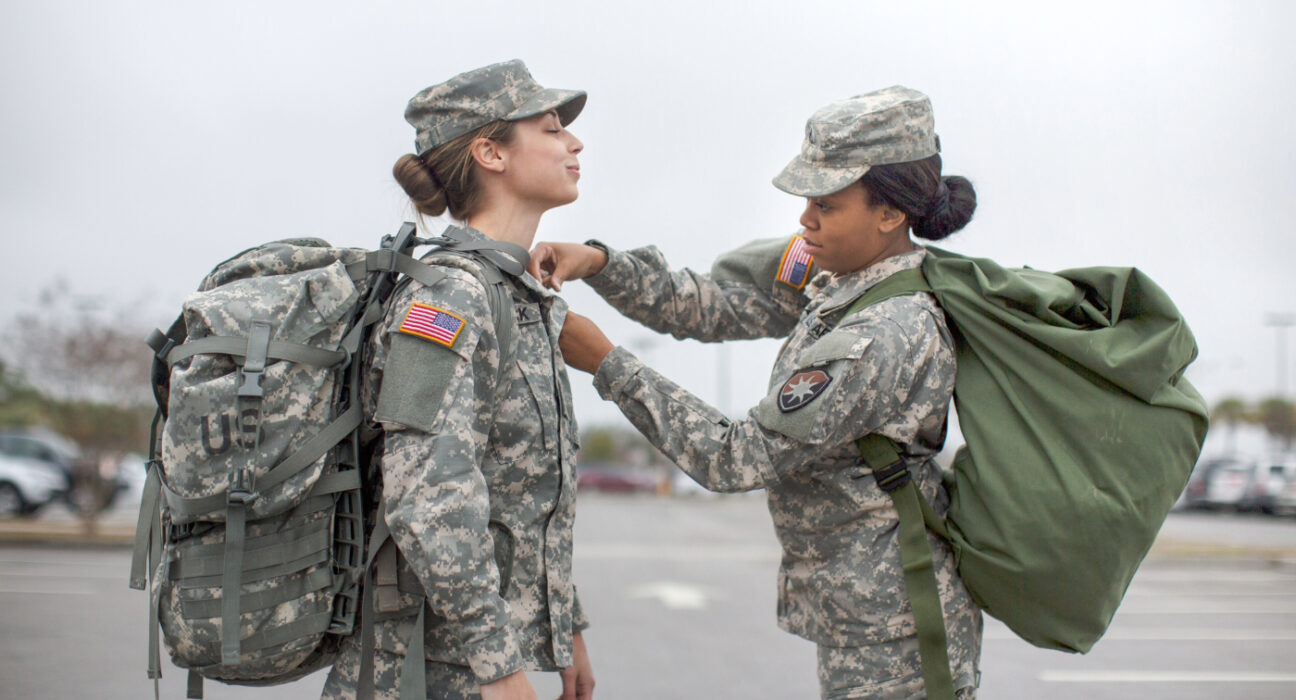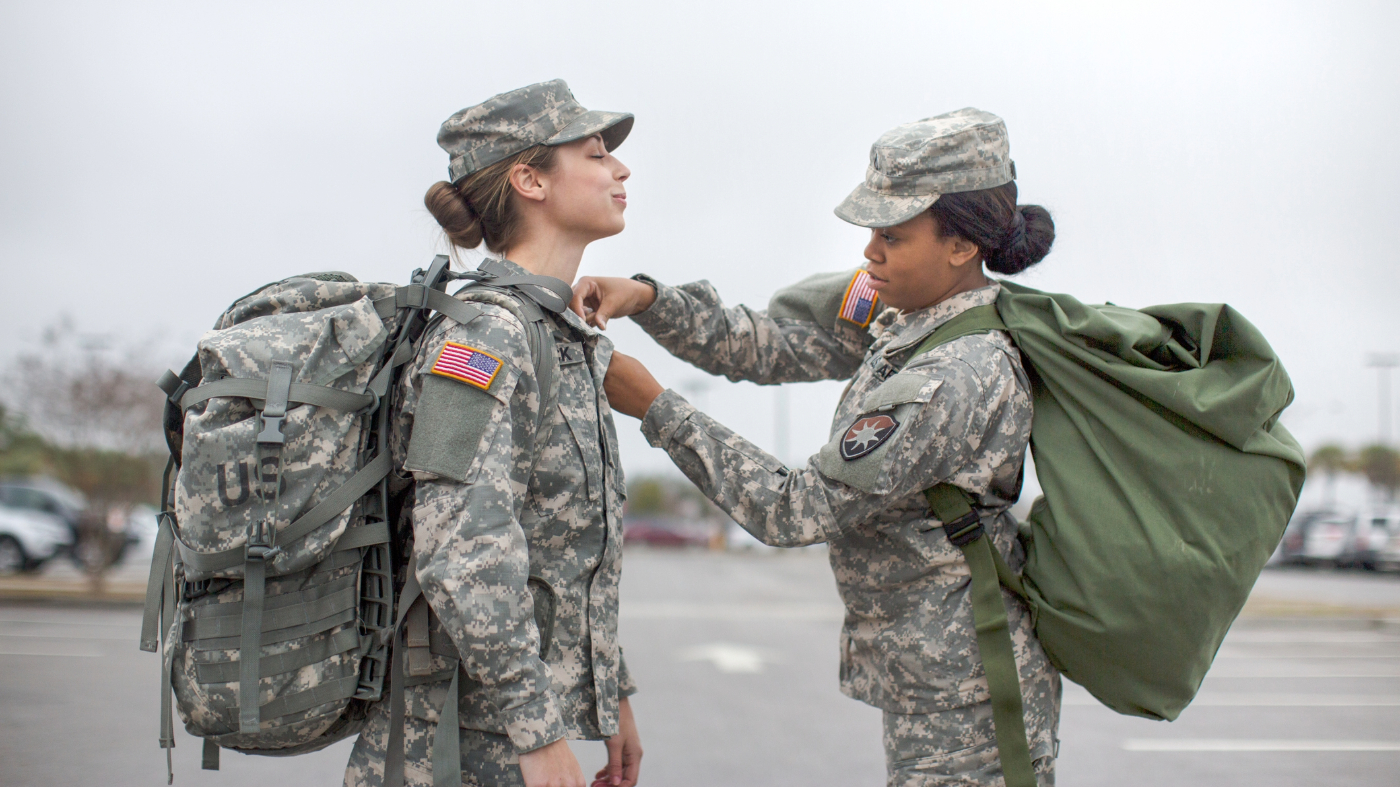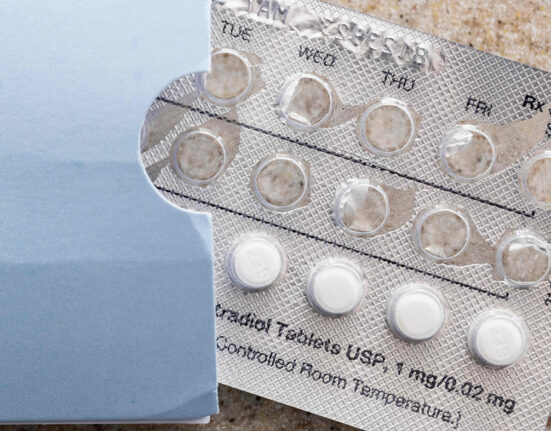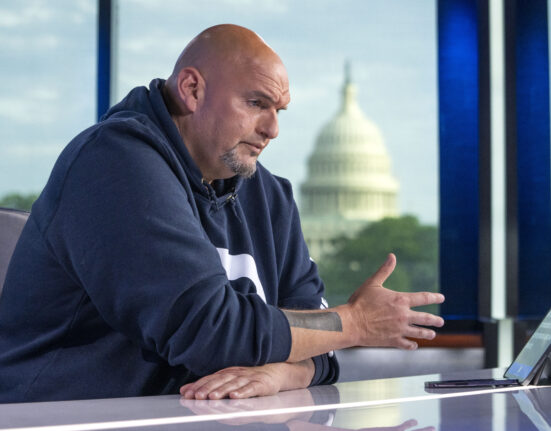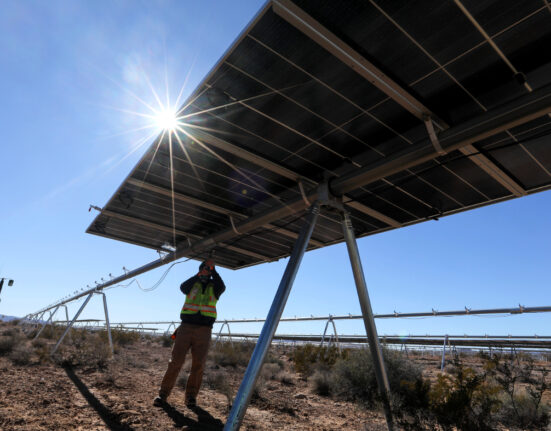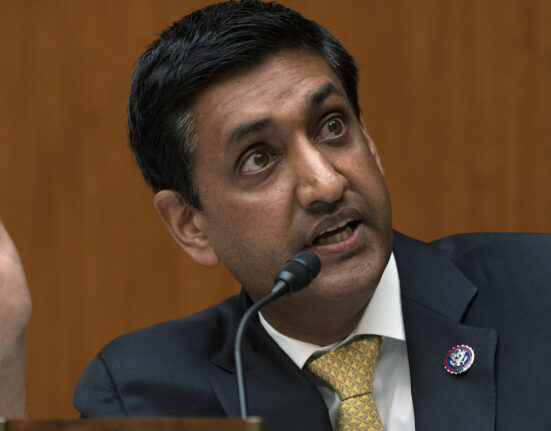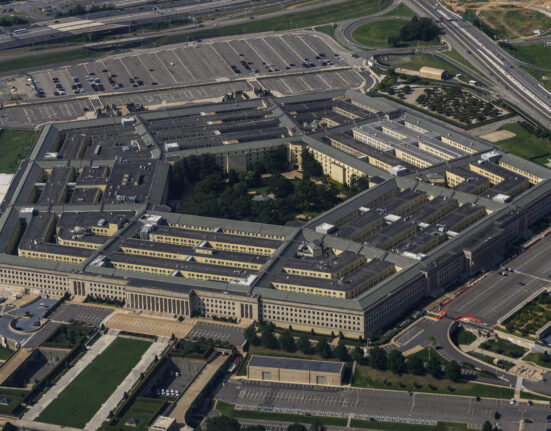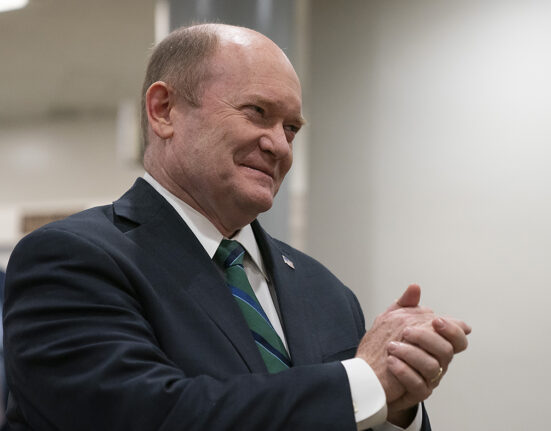Many Americans will recognize Memorial Day this year with ceremonies, memorial services and cemetery visits to honor military personnel who have died while serving in the United States armed forces. Regardless of the branch of service, members of our armed forces are a special breed. They must meet stringent entry requirements, complete rigorous and repeated training, endure long periods of separation from their families and loved ones, and put themselves in positions where they may pay the ultimate price for their service.
We are fortunate that, for the past five decades, our national security has been ensured by an all-volunteer force. The mold for that model, however, is starting to crack.
A recent study from the Pentagon showed that 77 percent of young Americans would not qualify for military service without a waiver due to being overweight, having a criminal record or suffering from mental and physical health problems. This startling statistic is made even worse by the troubling trend that fewer young people are willing to serve in the first place. The net result is that the Department of Defense is experiencing serious shortfalls in recruiting, which only exacerbate our degraded military readiness after two decades of constant war.
While the service members we recognize on Memorial Day had diverse backgrounds and beliefs, they were united in their total commitment to our national security. Were they still with us today, they would likely be shocked that America’s next generation is either unable or unwilling to support the cause for which they sacrificed all.
This does not have to be our destiny. Adults across the country can do more to prepare and inspire our youth for service.
First, we need to encourage K-12 students to excel in science, technology, engineering and mathematics (STEM). STEM skills are critical to the armed services as they are some of the largest users of technology. They are also the earliest adopters of advanced computer, robotics and artificial intelligence capabilities, which might make the military more appealing to those who participate in STEM instruction, demonstrations and competitions.
There is a growing gap between STEM supply and demand in the U.S.; our chief competitor, China, is clearly aiming to avoid such a shortfall. In a 2018 international student assessment that includes mathematics and science, the U.S. scored in 10th place, 251 points below first-place China. As disappointing as this may be, the solution is close at hand.
It is widely known that the biggest factor in academic achievement is support from parents, caregivers and communities. In other words, the secret to the future STEM success of our youth is us — now is the time to support in-school and extracurricular STEM activities.
A second way we can equip young people for service is to promote physical fitness and athletics. Military service is physically demanding, and the purpose of fitness and body composition standards has always been to select service members capable of performing the job. Regular exercise also improves mental health and reduces the likelihood of disease and injury. Additionally, team sports build important soft skills such as communication, decision-making, teamwork and time management.
Children, adolescents and young adults today are less active, less fit and more obese than ever before, and the dominance of digital device use in their lives is a contributing cause. Parents, caregivers and educators can help to change this now. We can be positive examples ourselves by playing sports, exercising and finding ways for our families to be active together. We should also support youth sports and encourage children and adolescents to engage in the activities they enjoy and are most likely to stick with. Setting limits on screen time is essential as well.
Finally, every adult should involve themselves in volunteer service with the young people in their lives. Members of our military sign up to serve a higher purpose than themselves. Such a decision requires personal integrity, compassion and selflessness. Experience with service-oriented organizations can make these values attractive to more people.
The good news is that there is a rich history of volunteer service in America. Even during the COVID-19 pandemic, many Americans served their communities in person and online. In fact, technology has caused virtual volunteering opportunities to grow, increasing the demand for volunteers by helping to attract a younger, tech-savvy group of volunteers to accomplish a wider range of tasks. When we get more young people excited about serving others, the number of those who are interested in serving their country will go up.
Two decades before he was elected president, Ronald Reagan said, “Freedom is never more than one generation away from extinction. We didn’t pass it to our children in the bloodstream. It must be fought for, protected, and handed on for them to do the same.” On this Memorial Day, we commemorate those who valiantly gave all to pass that precious baton. Let us honor them by ensuring our next generation is ready and willing to run with it when we hand it off to them.
Rear Adm. (ret.) Tim Gallaudet, Ph.D., is a member of the Council for a Strong America’s Mission: Readiness. He is a former acting and deputy administrator of National Oceanic and Atmospheric Administration (NOAA), acting undersecretary and assistant secretary of Commerce and an oceanographer in the Navy.

